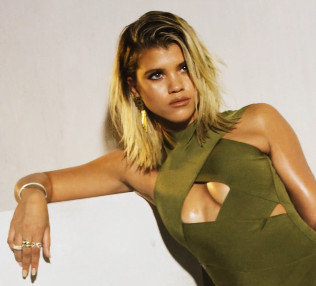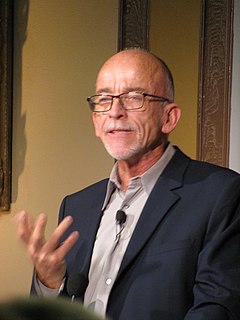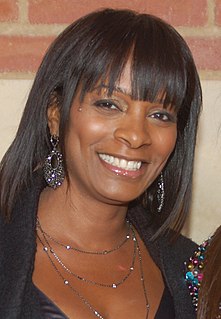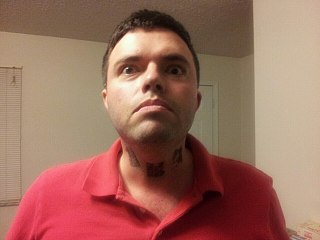A Quote by Sandra Cisneros
When I lost my father, I thought I learned about grief and transition. However, nobody tells you what it's like to lose your mother. They don't tell you that you're going to feel like an orphan at whatever age you are as an adult.
Related Quotes
When you're young, you're always wondering when you're actually going to feel like a grownup. And I think you probably fear it, in a sense, too. There's a danger to feeling like an adult... like this whimsical kid in you is going to die or something. And then all of a sudden, one day you kind of feel like an adult and it's really nice.
To lose a brother is to lose someone with whom you can share the experience of growing old, who is supposed to bring you a sister-in-law and nieces and nephews, creatures who people the tree of your life and give it new branches. To lose your father is to lose the one whose guidance and help you seek, who supports you like a tree trunk supports its branches. To lose your mother, well, that is like losing the sun above you. It is like losing--I'm sorry, I would rather not go on.
Grief does not seem to me to be a choice. Whether or not you think grief has value, you will lose what matters to you. The world will break your heart. So I think we’d better look at what grief might offer us. It’s like what Rilke says about self-doubt: it is not going to go away, and therefore you need to think about how it might become your ally.
Grief causes you to leave yourself. You step outside your narrow little pelt. And you can’t feel grief unless you’ve had love before it - grief is the final outcome of love, because it’s love lost. […] It’s the cycle of love completed: to love, to lose, to feel grief, to leave, and then to love again. Grief is the awareness that you will have to be alone, and there is nothing beyond that because being alone is the ultimate final destiny of each individual living creature. That’s what death is, the great loneliness.
Women are age-shamed. Women should they be put out to pasture. And it's not about people trying to look like me at 60. I'm not suggesting that, but look your best, feel your best, but most of all, be your best. And it's not only for women of 60. It's about women of all age, when you're 20 till you die. Whatever era you're in, whatever decade, whatever age you are, learn how to embrace it. Don't be ashamed of it. Be proud of it, because there's no negotiation. Either you get older, or you're dead. It's that simple.
Your father tells you a story when you're a kid, or your mother or your uncle or whoever it is. You sit there with your mouth open, and your mind goes to all these places they're telling you about that you've never seen, and you're agape. You just can't believe that things can happen like that - but it's just so direct.
In memoir, can you really tell the truth about yourself? You're not going to write about your little peccadilloes, like, "I like a finger in my ass during sex." Or whatever it is. You're not going to come out in typical everyday conversation and say that. That's something that's going to be only for a select few.
I think there's a lot of people going through different things where you feel like your whole world's imploded, and you feel like you lost it all, whether it's physical, emotional, whatever you're going through. If I can be that beacon of hope for people that need it the most through dancing and through our storytelling, then I've done my job.
The interesting thing about grief, I think, is that it is its own size. It is not the size of you. It is its own size. And grief comes to you. You know what I mean? I’ve always liked that phrase “He was visited by grief,” because that’s really what it is. Grief is its own thing. It’s not like it’s in me and I’m going to deal with it. It’s a thing, and you have to be okay with its presence. If you try to ignore it, it will be like a wolf at your door.



































